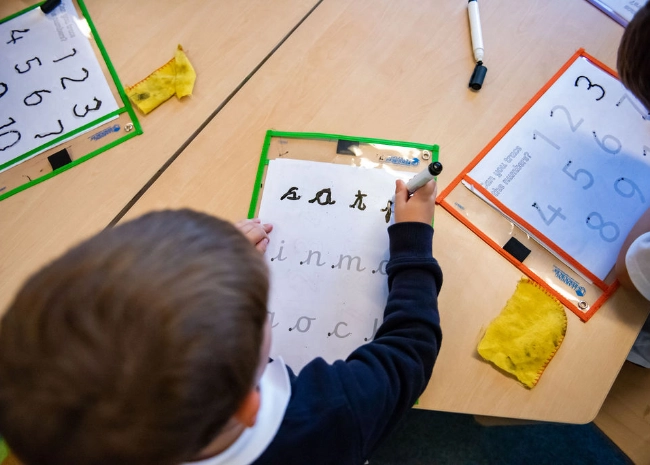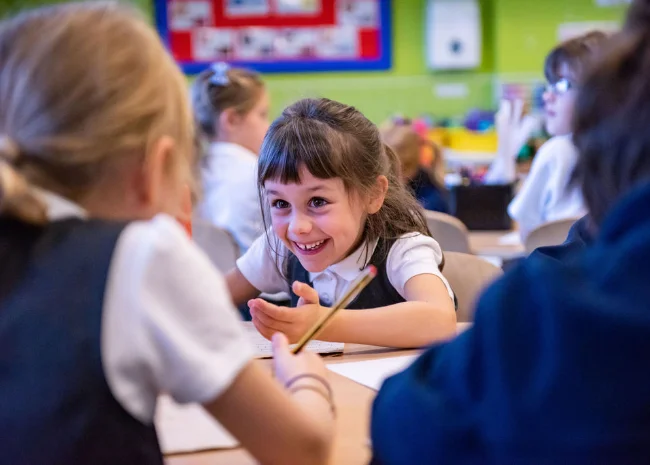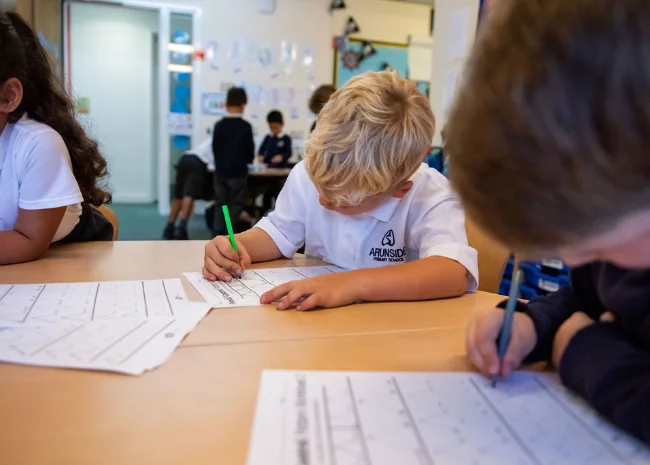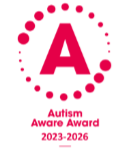
English – Writing

Intent
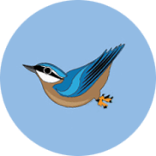
Implementation
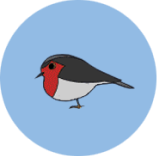
Impact

1. Intent
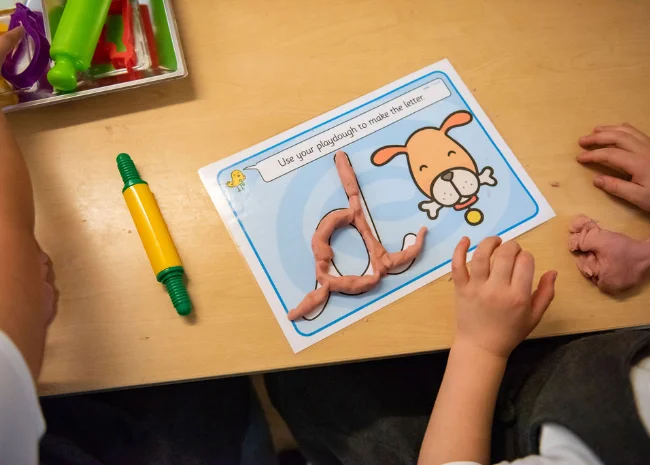
Writing
At Arunside, we aspire for all pupils to become confident, creative and original writers who are able to apply their knowledge to writing across the curriculum. We hope to achieve this by enabling our children to acquire a clear understanding of grammar rules, develop a wide, varied and ambitious vocabulary and be able to spell new words through applying their understanding of phonics, spelling patterns and spelling rules. We also support children of all abilities through relevant modelling and scaffolding to empower them to express themselves through their writing.
We have high expectations and teach children to write and edit with independence throughout and after the writing process, leading to them being able to identify areas of improvement in their own writing. We believe that all children should be able to develop a clear cursive style of handwriting by the time they leave primary school.
The key concepts for Writing follow the National Curriculum: Transcription, Spelling, Handwriting, Composition and Vocabulary, Grammar and Punctuation.
Phonics and Spelling
At Arunside Primary School we are passionate about ensuring all children become confident and enthusiastic readers and writers. We believe that phonics provides the foundations of learning to read and enjoy books and to becoming a good writer.
2. Implementation
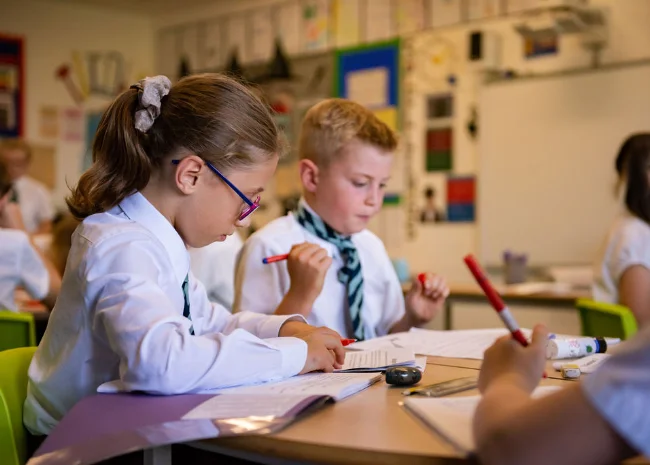
Writing
When planning Writing lessons, teachers often make links to other areas of the curriculum to ensure that cross curricular links provide further context for learning. Teaching blocks focus on fiction, non-fiction and poetry, in line with the 2014 National Curriculum. The lessons themselves build progressively towards an extended piece of writing.
Grammar and punctuation are taught through English lessons as much as possible. Teachers plan to teach the required skills through the genres of writing that they are teaching, linking it to the genre to make it more connected with the intended writing outcome. Teachers sometimes focus on particular grammar and punctuation skills as stand alone lessons, if they feel that the class need additional lessons to embed and develop their understanding or to consolidate skills.
Feedback and marking are completed, where possible, within the lesson, giving the children instant, clear and direct feedback. All marking and feedback are given in line with our marking and feedback policy.
Handwriting
In Early Years, letter formation is taught as part of the phonics sessions, which is then continued and rehearsed throughout Year 1. Children begin learning cursive handwriting in Year 2, which is again practised in KS2 in regular handwriting lessons. Once children have met the expectation in handwriting, they can earn their pen licence.
Phonics and Spelling
Spellings are taught according to the rules and words contained in Appendix 1 of the English National Curriculum. Daily, systematic phonic teaching happens in Early Years and Year 1. Through daily phonic sessions children learn to segment words to support their spelling ability and blend sounds to read words. Children work through phases within differentiated phonics groupings, led by class teachers and teaching assistants. Letters and Sounds and RWI phonic materials are used to support their planning. In years 2 to 6 teachers use RWI Spelling Scheme to support their teaching and to provide activities that link to the weekly spellings. Children are given spellings to learn each week and are given a spelling test the following week. Children who need extra support with their phonics remain in differentiated phonic groups and receive interventions if needed to ensure they learn and can apply their phonics in their reading and writing.
3. Impact
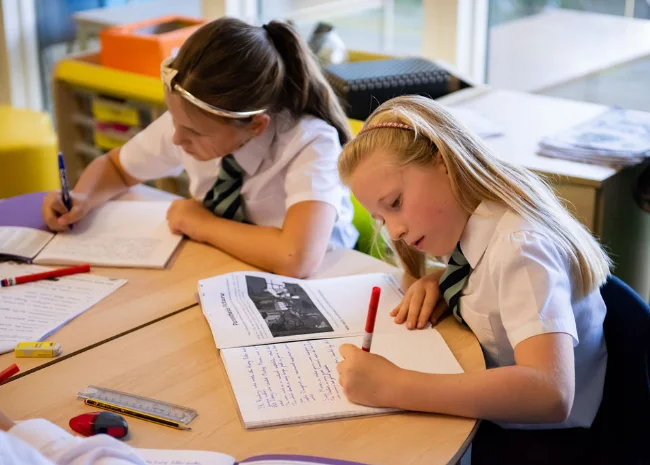
Writing
The quality of our children’s writing, including content, range of genres, grammar, spelling and handwriting can be seen in our English books, on displays around the school and in other books across the curriculum. Children will make good progress from their starting points and by the time they reach year 6 they will develop a love of writing and be well equipped for their future.
Our end of KS2 GPS results are above the National Expectations. Our end of KS2 results compare well against national averages in writing and are well above national in grammar, punctuation and spelling.
Phonics and Spelling
Our children make great progress with their phonics and enjoy their phonics sessions. This is evident through the progress they make in reading and writing and in the way they use and implement it in their work. Year after year our phonics screening check is above the national average.
